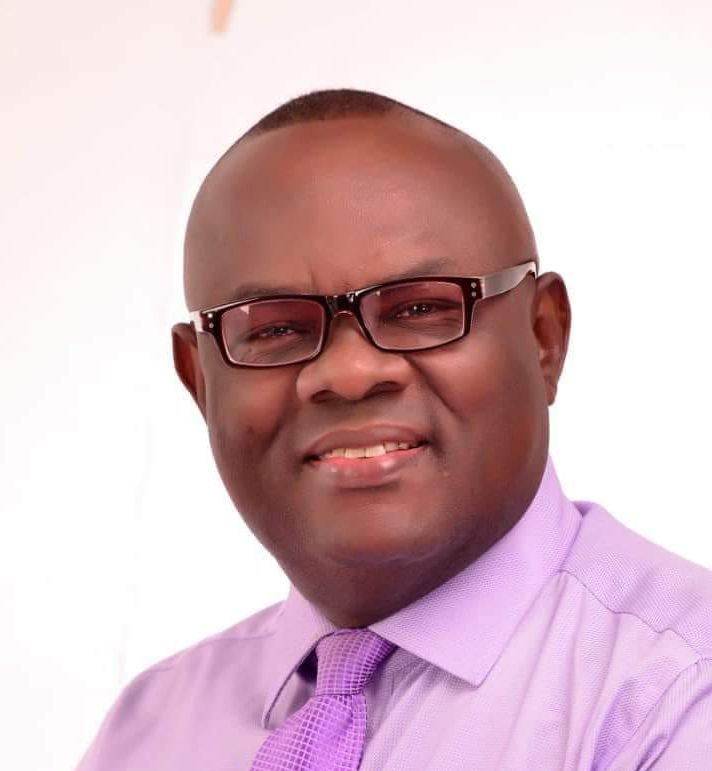By Christian Njoku
The Government of Cross River has announced its ambitious goal to elevate the state to the top tier of educationally developed states in Nigeria and shed its current status as an educationally disadvantaged state.
Mr. Esu Esu, the Executive Chairman of the Cross River Universal Basic Education Board (SUBEB), disclosed this on Tuesday during a press briefing in Calabar.
Esu emphasised the state’s commitment to rewriting its educational history by implementing strategic initiatives aimed at improving school enrollment and enhancing educational infrastructure.
“We are determined to move Cross River from being an educationally disadvantaged state to one that ranks among the best in the nation.
“To achieve this, we need everyone’s effort to improve school enrollment and develop infrastructure to a level where we can compete with other leading states,” he noted.
He stated that as part of the effort, SUBEB was set to commence a comprehensive needs assessment to identify schools facing infrastructure challenges.
According to him, the findings will inform a detailed work plan, which will be submitted to the Universal Basic Education Board (UBEC) in Abuja for approval.
Upon assuming office, Esu said he inherited a SUBEB grappling with severe infrastructural decay and his mission was to lead the board from its current state to where they envision it to be, a beacon of educational excellence.
While addressing the issue of teacher-student ratio, he said efforts would be made to address staffing shortages by seeking approval from the governor for the recruitment of additional teachers.
Speaking further, the chairman said in 2023, SUBEB implemented 49 interventions in schools across the state, however, in 2024, they planned to double that number to 100 interventions, to broaden impact across the educational sector.
He also urged the media and residents to support the board’s technical team by identifying remote areas in urgent need of educational infrastructure, ensuring that even the most hard-to-reach communities would benefit from the state’s educational reforms.
He also vowed to tackle the issue of ghost workers within the educational system by leveraging his experience in school board management to reduce this malpractice.
“Many people are defrauding the system by collecting salaries without working, I am committed to addressing this issue head-on and ensuring accountability within our educational system,” he added.
(NAN)
